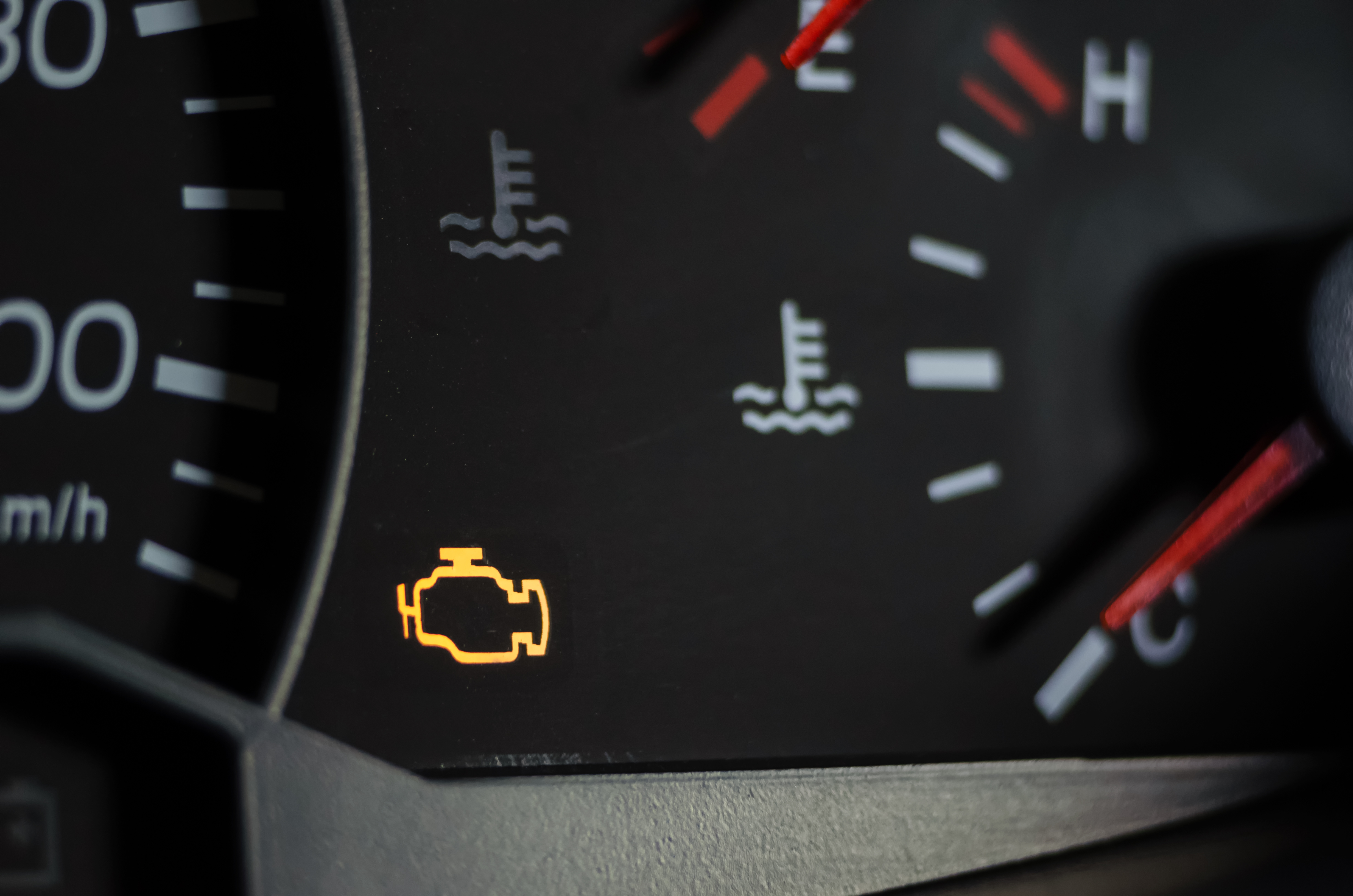
We've all been there - you're driving along, enjoying your day, when suddenly, your car's check engine light starts blinking. Panic sets in, and you're left wondering what could be wrong - "Is this different from when the light is just solid?" and "Is it a minor issue or a major catastrophe?".
Understanding the Check Engine Light
Before we delve into the specifics, let's briefly go over the meaning of the check engine light. Essentially, it's your car's way of communicating with you about potential issues. When your vehicle's onboard computer system detects a problem related to emissions, engine performance, or any other crucial component linked to the engine or transmission, it triggers the check engine light to illuminate your dashboard.
Solid Check Engine Light
A solid check engine light is generally an indication that your vehicle has detected a problem, but the issue might not be extremely urgent. It could be something as simple as a loose gas cap or a minor sensor malfunction. While it's important not to ignore a solid check engine light, it's usually safe to continue driving for a short distance until you can have the issue diagnosed and resolved.
Blinking Check Engine Light
On the other hand, a blinking or flashing check engine light demands immediate attention. When the light blinks, it signifies that there's a severe issue with your engine that could potentially cause serious damage. This could include problems like a misfiring engine, a faulty catalytic converter, or a failing ignition system. When the light blinks, it's advisable to pull over as soon as it's safe and have your vehicle towed to a repair shop.
Should You Be Concerned?
In short, yes, you should be concerned if your check engine light is blinking. It means that the engine or other related component is failing. Ignoring it can lead to very serious damage to the vehicle so we recommend you follow the steps below to avoid further issues:
- Pull Over Safely: If your check engine light starts blinking, find a safe place to pull over and turn off the engine. Do not attempt to drive any further.
- Check Gas Cap: If you're dealing with a solid check engine light, check your gas cap to ensure it's properly tightened. Sometimes, a loose gas cap can trigger the light.
- Professional Diagnosis: For both solid and blinking check engine lights, it's crucial to schedule a diagnostic check with a reputable auto repair shop. Technicians will use specialized equipment to identify the specific issue and recommend the necessary repairs.
- Regular Maintenance: Preventive maintenance can often help avoid checking engine light issues. Regularly servicing your vehicle, changing fluids, and replacing worn-out components can keep your car running smoothly.
Don't let that little light cause big stress. Contact us at Neighborhood Tire Pros, to schedule a diagnostic check and enjoy the peace of mind that comes with knowing your vehicle is in capable hands. Your car deserves the best care, and that's exactly what we provide.